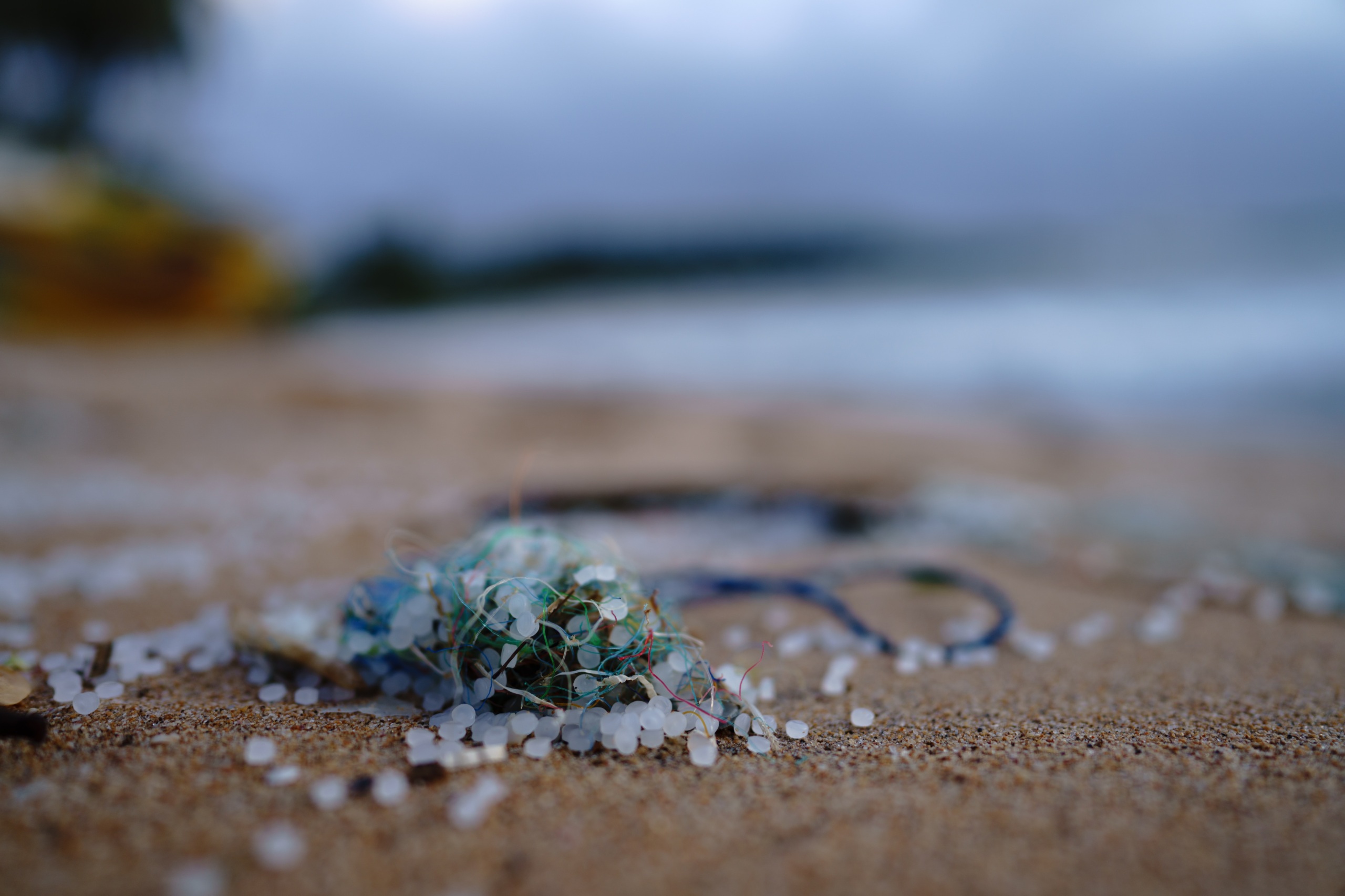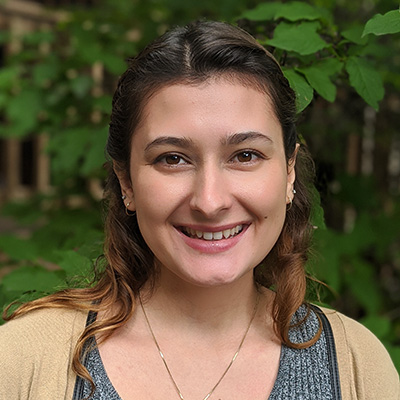
Testimony before the House Energy and Environment Committee in support of House Bill 3067
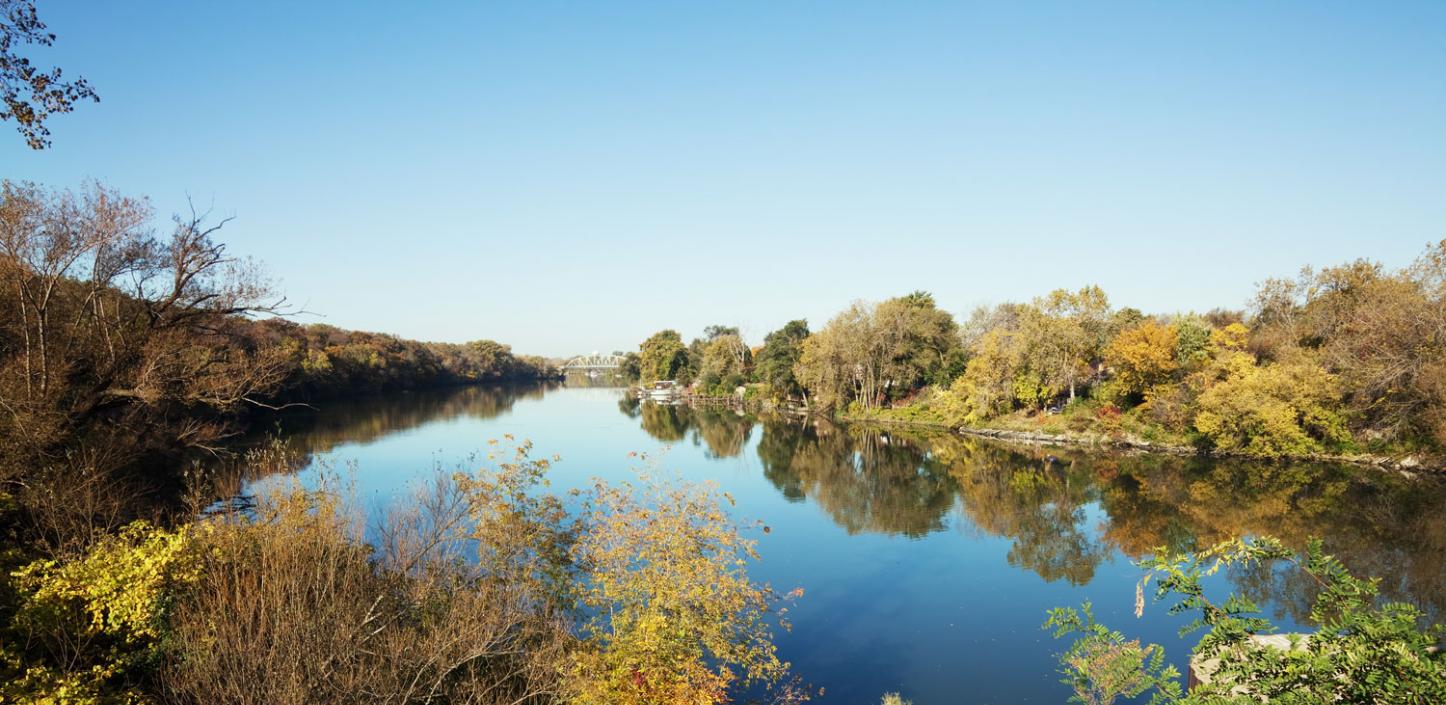
Chairperson Williams, Vice Chairperson Didech, Spokesperson Welter, honorable members of the committee: Thank you for the opportunity to testify today. My name is Paloma Paez-Coombe and I am an associate with Environment Illinois. Environment Illinois is a statewide, citizen funded environmental advocacy organization that works to protect the natural spaces we love, advance the environmental values we share, and win real results for our environment.
I’d like to start by thanking Representative Gong-Gershowitz for her ongoing leadership on this issue, as well as thanking the members of the Coalition for Plastic Reduction, our statewide coalition that has come together to protect our environment from plastic pollution.
Plastic pollution is a widespread and well-understood problem for our environment.
Plastic fragments have been found to be ingested by hundreds of different species of animals. Whale carcasses have washed ashore in Spain, the Philippines, and Italy, with stomachs full of plastic debris. In the Mariana Trench, the lowest point in any ocean and one of the most remote places on earth, every tiny animal tested had ingested plastic pollution.
Oceans aren’t the only bodies of water at risk. 22 million pounds of plastic can end up in our Great Lakes each year, and 85% of fish from Lake Michigan tributaries were found to have microplastics in their guts. Half of the litter collected along the Chicago River is from single-use plastic food-related items. Polystyrene foam, commonly called Styrofoam, is one of the worst culprits. It breaks down into smaller pieces that animals mistake for food and then ingest, harming or even killing them.
Plastic never biodegrades, meaning that every foam cup or takeout container we use for five minutes will end up sitting in a landfill or polluting our waterways for centuries.
Plastic isn’t just a problem for wildlife. The production of plastic from fossil fuels contributes to the climate crisis. In fact, it’s estimated that greenhouse gas emissions from plastics will outpace those from coal by 2030. Plastic foodware, and polystyrene foam in particular, can leach chemicals into the hot or greasy foods and beverages that it’s used to hold. And the average human eats a credit card’s weight worth of plastic per week in microplastics.
Plastic is harmful to the environment and human health throughout its lifecycle, and it’s not enough to continue pursuing false solutions.
This isn’t a problem we can recycle our way out of. Less than 1% of polystyrene foam is recycled each year. The plastic industry will tell you that new “advanced recycling” methods make polystyrene foam more recyclable, but it’s a red herring; Those processes are chemically intensive, bad for the environment, and not cost efficient. The only way to address our ballooning plastic crisis is to stop plastic pollution at its source – that means banning the worst and least recyclable forms of single-use plastic like polystyrene foam.
I will let my restaurateur colleague speak more to the viable alternatives to polystyrene foam, but suffice it to say that there is no reason to continue using such a harmful material when we don’t need to.
Polystyrene bans are no longer new or untested policies. Eight states and over 200 municipalities in the U.S. have banned polystyrene foam foodware, and 27% of the U.S. population lives in a community that has banned some type of single-use plastic. Environment Illinois went door to door in the Chicagoland area last summer, talking to residents about this very issue. We collected over 3,000 petition signatures in favor of this ban, and found that the vast majority of people we spoke to were eager to see a reduction in single-use plastics.
Statewide policies to ban single-use plastics enjoy widespread public popularity, and are gaining political momentum across the country, from Colorado to New York to Virginia to Washington. Now, the Illinois General Assembly has the opportunity to lead the Midwest in protecting our Great Lakes and rivers from plastic pollution by passing HB3067.
Thank you for the opportunity to submit written testimony. I will be happy to answer any questions the committee may have.
Topics
Authors
Paloma Paez-Coombe
Associate, Environment Illinois
Paloma lives in Chicago, where she loves to cook, garden, and explore nearby forest preserves.
Find Out More
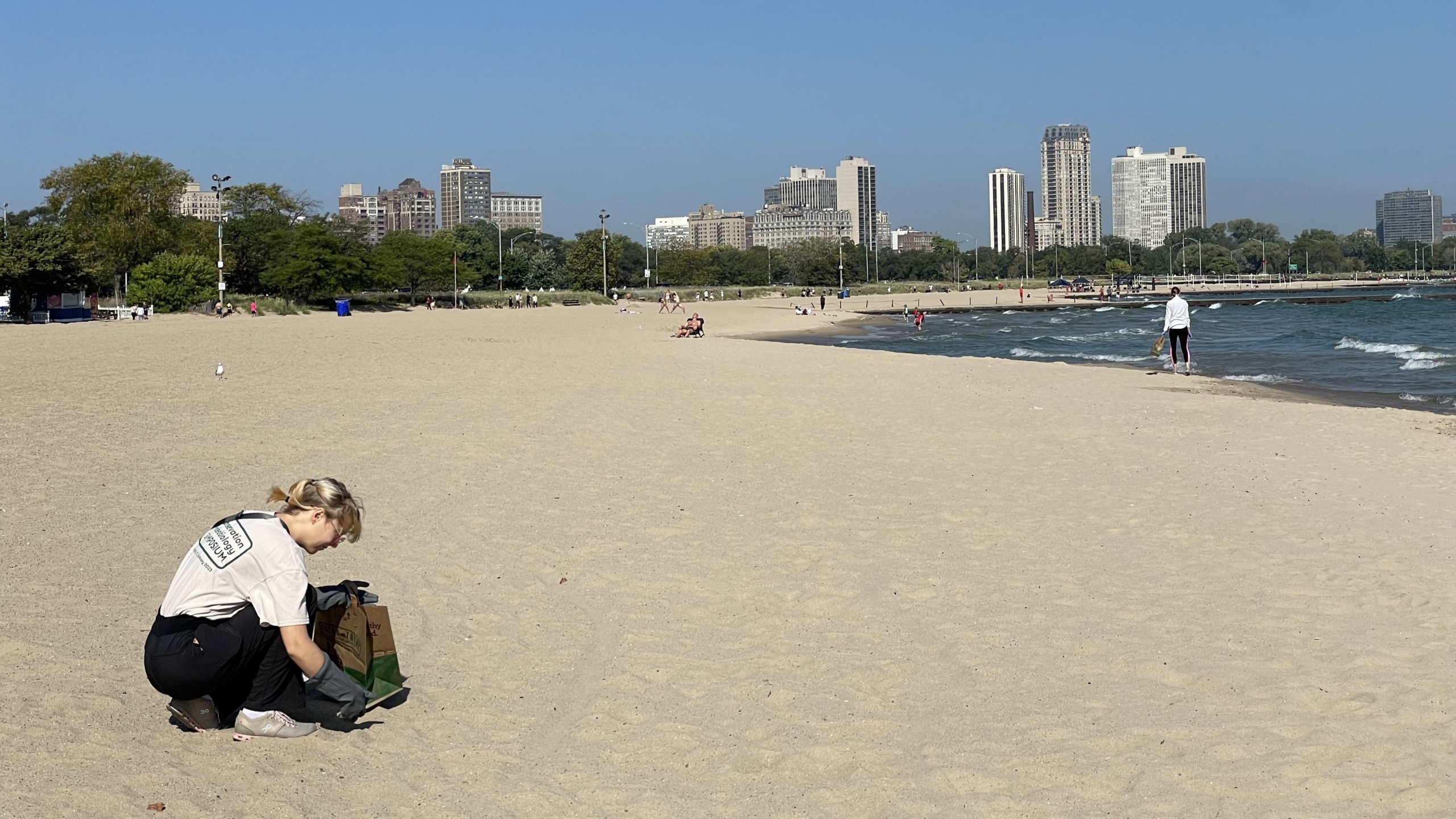
New report highlights the plastic pollution problem in the Great Lakes
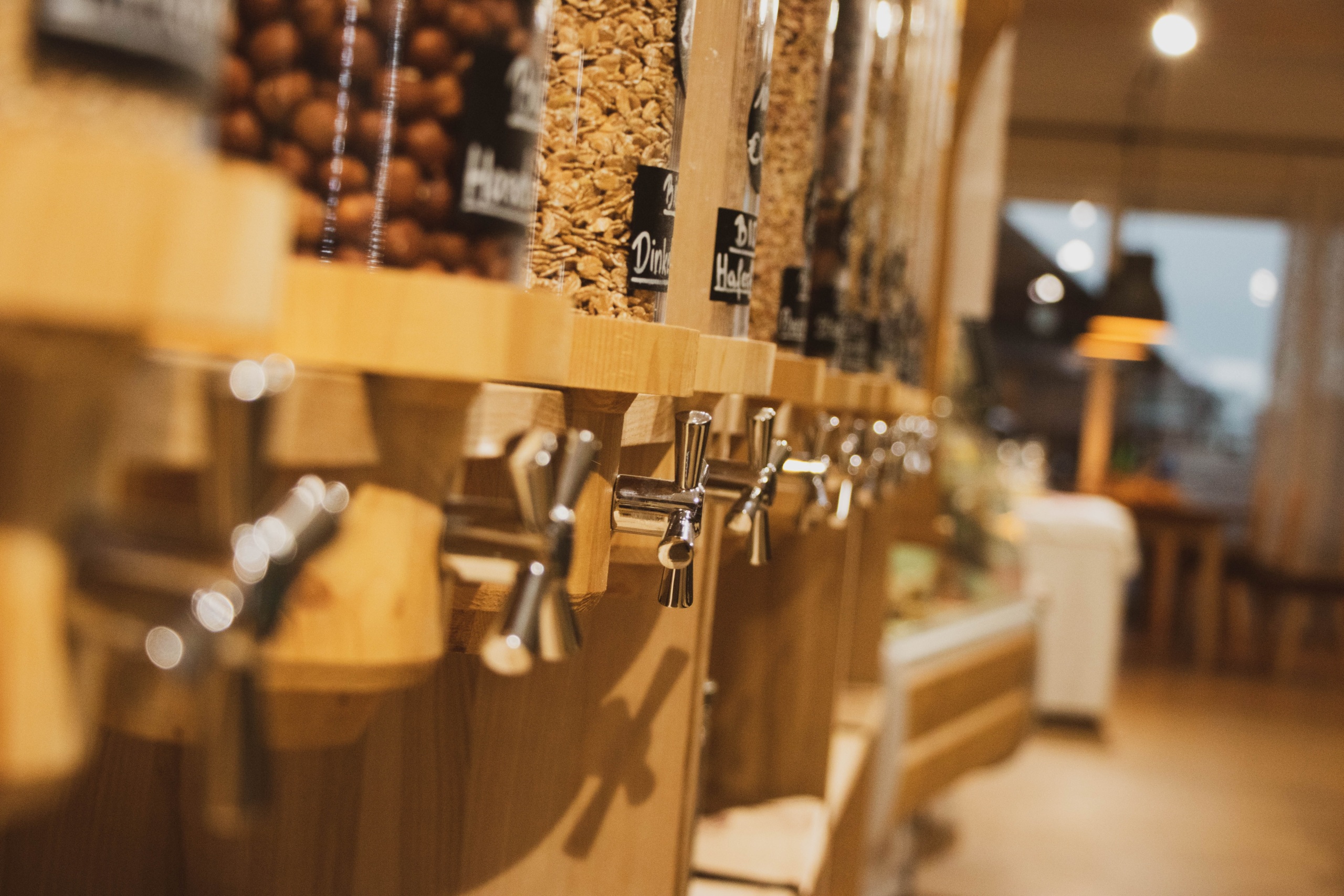
Ditch plastic packaging: Shop at your local refillery
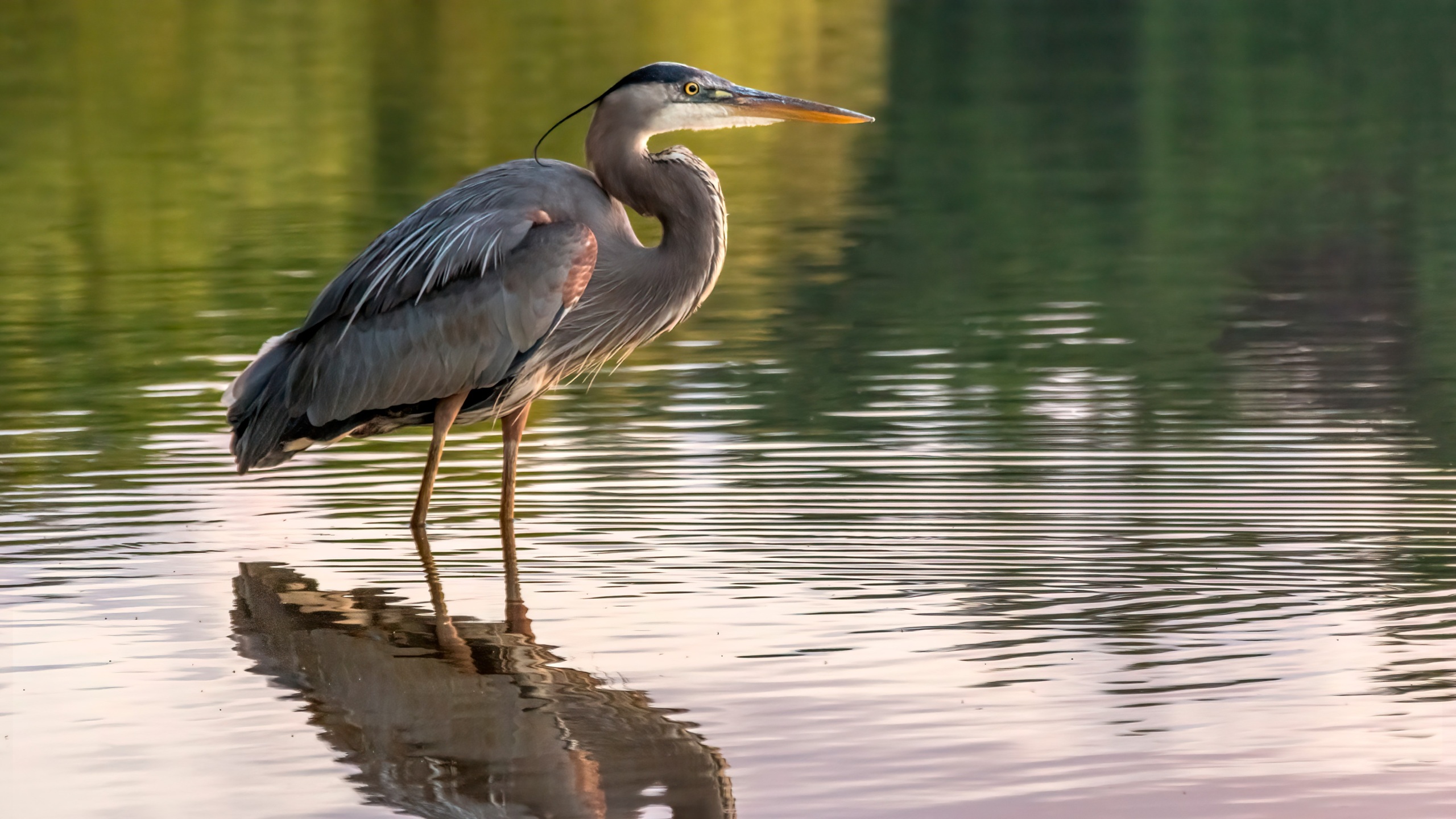
Illinois should put wildlife over waste
